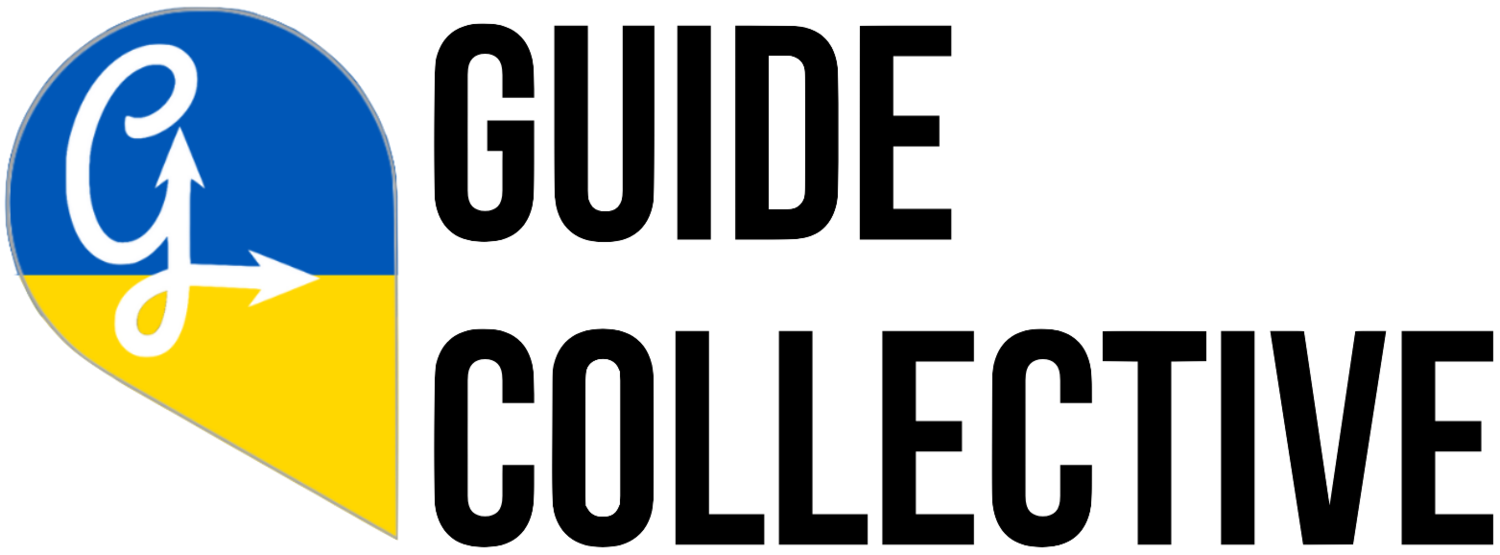Family, Friends, and the Need for Community
Susanna Perrucchini
The first thing that comes to my mind when I hear the word “community” is immediately “a family,” maybe the most ancient of all communities since the beginning of times (call them “tribes” or “clans” if you prefer). Being Italian, for me, the family is the beginning and the end, the alpha and the omega of all relationships, the safe harbor, and at the same time, the ground of all conflicts and battles.
Family
Image | Susanna Perrucchini
I recently read a good book entitled Piano Nobile by Simonetta Agnello Hornby. It’s a family saga set in Sicily between the19th and 20th centuries. The incipit started with this phrase: “Families are families and who knows for how long they will forbid, hide and confuse.“
I found it a bit cynical and yet very true. But there is always the other side of the coin to take into account: the comfort that a family can convey, the core values and, above all, the love they give. Families imprint, both genetically and socially on their children. In every single family there is a secret language known and understood only by those who specifically belong to it.
And when one is young, they think, naively, that it is the same language also spoken outside the limited borders of the nuclear family into which one was born. One of the most difficult phases growing up is finding a path to express what one really is. While families can be both a great asset, they can also become the worst of nightmares. Human beings are gregarious animals by nature, so we all need and desire to belong to one or more communities—either related by bloodline, common interests, or causes .
Teenagers generally start to feel that families can be oppressive or claustrophobic and that they need to create a brand new community, usually with those similar to them in age and interests, and most importantly, to be accepted and appreciated by all the members.
All of a sudden, the original community (the family ) loses power and importance. But growing up is a difficult process, and therefore, in order to reaffirm one’s own personality, families are seldom (and only temporarily) dropped in the trash bin, hopefully to be recovered when adolescence leaves space to maturity.
In general, we all belong to more than one community. Yes, families are the starting point, but then, as we expand our personalities and interests, we join different ones that share common passions such as sports, hobbies, or a deep affection for one another. Undoubtedly, what creates the strongest and longest-lasting link is friendship.
I deeply believe in destiny, and I have to admit that despite my rational mind, I have been influenced by my pagan ancestors when it comes to fortuna (good luck) and sfortuna (bad luck). I have always considered myself a pretty lucky person, and to me, good luck has consisted of being in the right place at the right time.
You may wonder, ”What does this have to do with community?” I have had the privilege to meet and become friends with a number of extraordinary people over the course of my life, most of whom are still part of my daily life (hence being in the right place at the right time!). Thanks to them and because of them, I have created my own community outside the original one of my own family. Without them, I would have not survived the loss of my father or the relationships that ended badly. I would have also missed the joy of sharing the beautiful moments and events which have transformed my perspective on life and enriched my world. Having a supportive community and above all, a healthy one, is the most valuable portfolio one can possess .
This has become crystal clear over this past year. The Covid pandemic has enhanced the importance of human relationships and underlined the universal need for being loved and a part of other people’s lives. If only one good thing comes out of this global disaster, it is the knowledge that we cannot live without the safety net of affection and human bonds we create and nourish in our communities.



